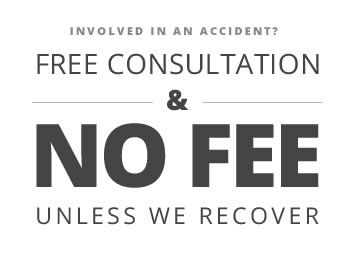The severity of a Baltimore County car accident can vary widely, leading to injuries ranging from bruises and contusions to massive, life-changing wounds. One of the most serious injuries a victim can suffer is a spinal cord injury, since the spine is responsible for many aspects of the human body’s functioning. Not only will a person deal with immediate treatment, but there may be long-term care; some victims never fully recover from a spinal cord injury, so he or she could require assistance for a lifetime. If you’ve sustained a spinal cord injury in a car accident, consult with an experienced Maryland personal injury attorney for assistance in recovering compensation for your losses.
Spinal Cord Injuries Are Unique: The spinal cord is the messaging system that transmits information from the brain to the rest of your body. Any impact that damages this sensitive network of nerves can lead to consequences. When minor, spinal cord injuries may involve a tingling sensation or loss of feeling in the extremities. More catastrophic injuries to the spinal cord may include:
- Paralysis throughout the lower body (paraplegia);
- Paralysis impacting all four limbs (quadriplegia);
- Loss of control over bodily functions and major muscle groups;
- Painful muscle spasm; and,
- Other severe medical conditions.
Lawsuits to Recover Compensation for a Spinal Cord Injury: To state a claim for compensation when a car accident causes spinal cord injuries, you must prove:
- The other driver owed a duty of care to not injure others traveling on the roadways;
- The motorist failed to adhere to that duty of care, such as by violating traffic laws or speeding;
- You sustained spinal cord injuries as a direct result of the responsible driver’s breach of duty; and,
- You suffered damages due to the spinal cord injuries.
Damages in a Spinal Cord Injury Case: As a spinal cord injury victim, you must show that you sustained losses in the car accident, such as:
- Medical bills;
- Lost wages due to being out of work;
- Pain and suffering; and,
- Other losses, both past and future.
Proving these damages can be complex because of the evidence that’s required. While it may be easy to prove medical costs and lost wages by presenting documents, pain and suffering usually requires retaining a medical expert. Plus, there is a statutory cap on these types of “non-economic” damages in Maryland. The formula is a sliding scale based on the date the injury occurred; for accidents after October 1, 2016, the cap is $830,000.
Sustaining a spinal cord injury in a car accident is far different from a broken bone in the extremities or needing stitches for a cut. The victim will suffer in the immediate aftermath, but the long-term effects may linger for the rest of his or her life. Maryland law does allow you to recover if your spinal cord was injured in a car crash, but issues of proof are critical – especially when you need to show how your injuries impact your future. An experienced attorney can advise you on your options and will fight for your rights to recover compensation. For more information or with questions about spinal cord injuries, please contact attorney Michael A. Freedman.
See Related Blog Posts:


